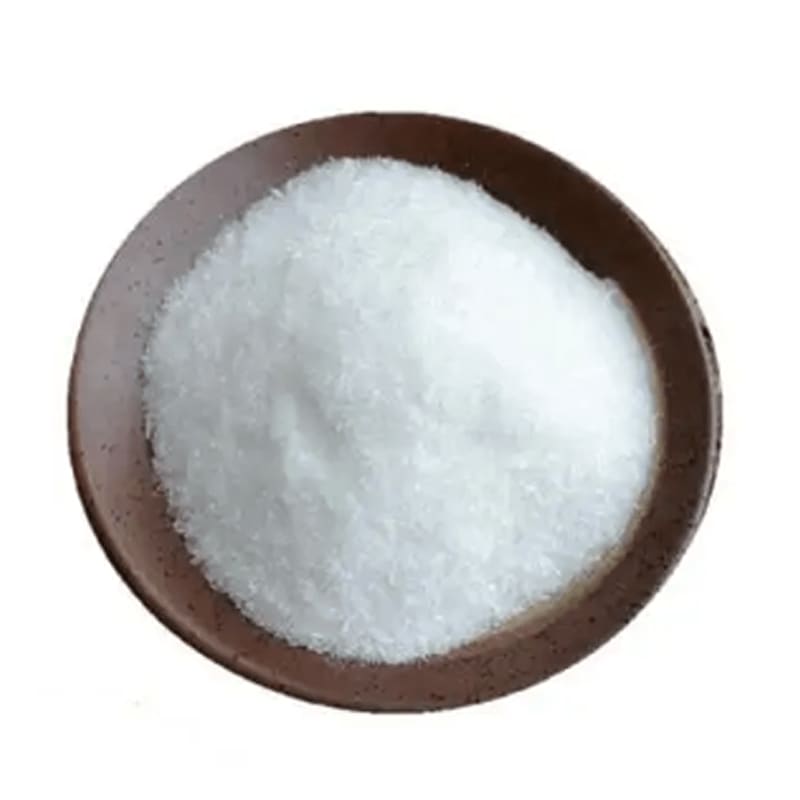
# Organic Isomaltitol: A Natural Sweetener for Health-Conscious Consumers
## What Is Organic Isomaltitol?
Organic isomaltitol is a naturally derived sugar alcohol that serves as a low-calorie sweetener. It is produced from organic sources, ensuring that no synthetic chemicals or pesticides are used in its cultivation or processing. This sweetener has gained popularity among health-conscious individuals due to its minimal impact on blood sugar levels and dental health benefits.
## Benefits of Choosing Organic Isomaltitol
1. Low Glycemic Impact
Unlike regular sugar, organic isomaltitol has a minimal effect on blood glucose levels, making it a suitable option for diabetics and those managing their carbohydrate intake.
2. Dental-Friendly
Isomaltitol does not promote tooth decay, as oral bacteria cannot metabolize it effectively. Many sugar-free gums and candies use this sweetener for this very reason.
3. Reduced Caloric Content
With approximately half the calories of sucrose, organic isomaltitol provides sweetness without the same caloric load, supporting weight management goals.
4. Digestive Tolerance
Compared to some other sugar alcohols, isomaltitol is generally well-tolerated in moderate amounts, causing fewer digestive issues when consumed responsibly.
## How Is Organic Isomaltitol Produced?
The production of organic isomaltitol begins with organic sugar beets or sugarcane. Through a natural enzymatic process, sucrose is converted into isomaltulose, which is then hydrogenated to create isomaltitol. The organic certification ensures that:
- No synthetic fertilizers are used in crop cultivation
- Processing avoids artificial chemicals
- The entire supply chain meets organic standards
Keyword: organic isomaltitol
## Culinary Uses of Organic Isomaltitol
Baking Applications
Organic isomaltitol performs well in baked goods, providing bulk and sweetness similar to sugar while being more stable at high temperatures than some other sugar substitutes.
Beverage Sweetening
Its clean, sweet taste makes it suitable for sweetening hot and cold beverages without the aftertaste associated with some artificial sweeteners.
Confectionery
Many sugar-free chocolates, hard candies, and chewing gums use isomaltitol as their primary sweetener due to its crystalline structure and stability.
## Comparing Organic Isomaltitol to Other Sweeteners
| Sweetener | Calories per gram | Glycemic Index | Dental Impact |
|---|---|---|---|
| Organic Isomaltitol | 2.0 | 2 | Non-cariogenic |
| Sugar (Sucrose) | 4.0 | 65 | Cariogenic |
| Erythritol | 0.2 | 0 | Non-cariogenic |
| Xylitol | 2.4 | 7 | Anti-cariogenic |
## Incorporating Organic Isomaltitol Into Your Diet
When transitioning to organic isomaltitol, consider these tips:
- Start with small amounts to assess tolerance
- Use it in recipes that specifically call for sugar alcohols
Comments are closed